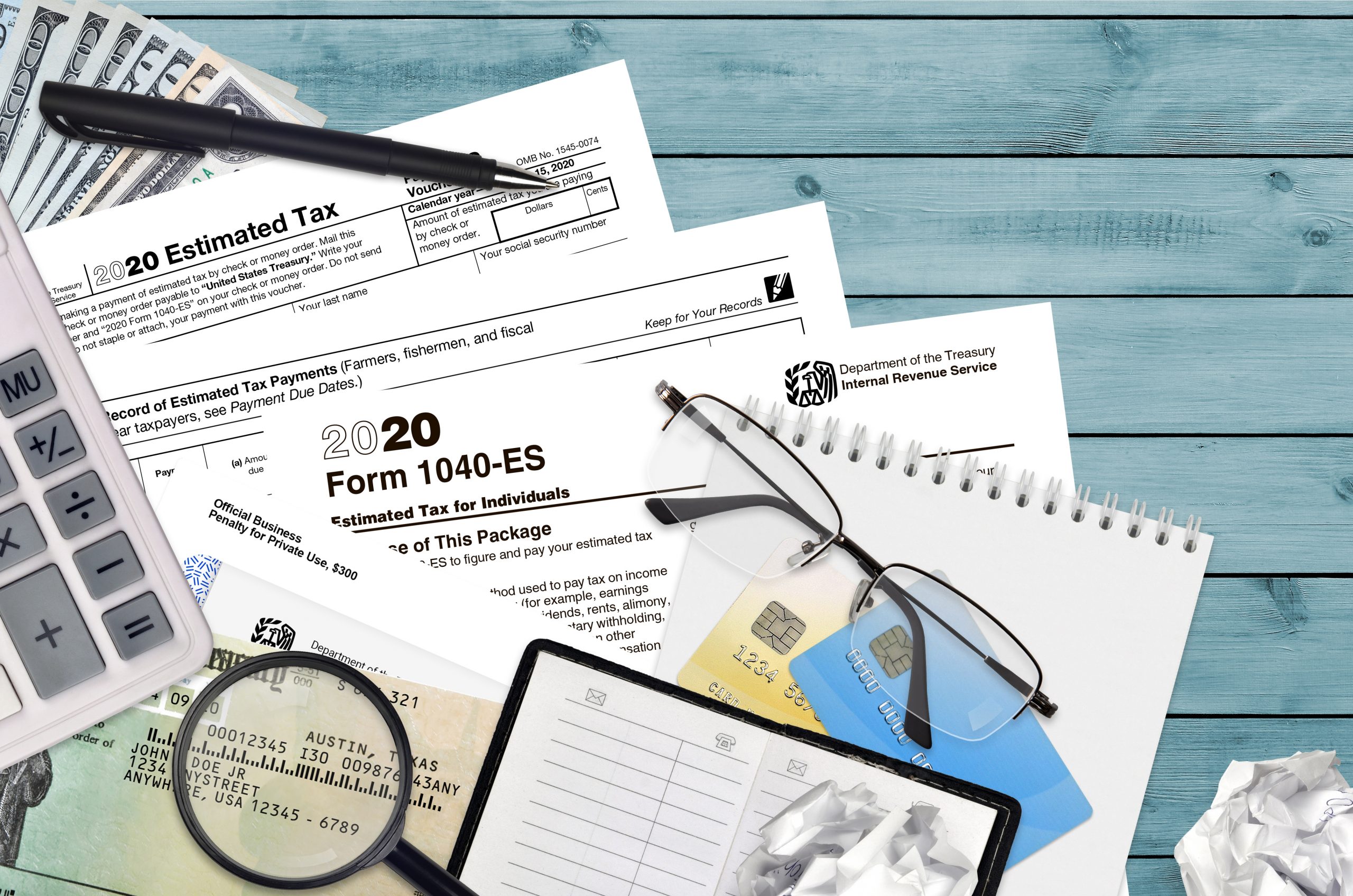Every year, the IRS releases the “dirty dozen” scams, highlighting some of the most popular tax scams that are out there. We typically see a rise in these scams around tax season, but thanks to the pandemic, they have been increasingly frequent. By being aware of these scams, you can protect not only yourself but also loved ones who may be more likely to fall for scam attempts.
The top 12 tax scams of 2020 include:
- Phishing
- Fake Charities
- Threatening Impersonator Phone Calls
- Social Media Scams
- EIP or Refund Theft
- Senior Fraud
- Non-English Speaker Scams
- Immoral Return Preparers
- Offer in Compromise Mills
- Fake Payments
- Payroll and HR Scams
- Ransomware
At North Georgia Tax Solutions, we went through the scams and chose 5 of the Dirty Dozen to go into more depth and teach you how to avoid them.
1.Tax Phishing
During tax season, you’re gathering financial information and submitting forms, and phishers try to catch you while you’re already thinking about it. They may try to scam you in several ways. Often, people receive emails with links from an account that appears to be the IRS requesting confirmation on personal or financial information.
How to Avoid: If you get a suspicious email, do not click on any links, or provide any of the requested information. If you look at the sender of the email, the email will likely not be from the IRS, but would rather be completely random or even try to imitate the IRS email, with very slight variations. If you would like to double-check, go to the IRS website and call them directly to find out if they need any information.
2. Fraudulent Unemployment Claims
Fraudulent Unemployment Claims, or Unemployment Identity Theft, is when someone provides the unemployment board with stolen information or under false pretenses. The Covid-19 pandemic resulted in many taxpayers losing their jobs and filing for unemployment claims, which led to an influx of scammers taking advantage of taxpayers. The identify thieves use the stolen information to file fraudulent claims and receive unemployment benefits.
How to Avoid: Stay mindful of submitting your social security number anywhere that is not absolutely necessary; and if you find your social security card is lost or stolen, take immediate action to report and replace it. Continuously monitor the local news for updates about unemployment fraud in your area and the methods that thieves are using to steal personal information. If you suspect you’re a victim of a false claim or unemployment identity theft, report it immediately to the IRS.
3. EIP Theft
Theft of Economic Impact Payments, better known as stimulus payments, is an ongoing threat to taxpayers. The IRS has made continuous efforts to fight against refund fraud and theft, but the recent congestion of stimulus payments provided by the CARES Act has increased this criminal activity. EIP theft is a form of identity theft in which scammers file false tax returns or submit incorrect information that directs payments to wrong addresses or bank accounts.
How to Avoid: Texts, phone calls, or emails requesting your bank account information, social security numbers, or asking you to click on links to complete the EIP process should be ignored and deleted immediately. The IRS website is the best way to check for information on payments and refunds. IP Pins are now available to all taxpayers. This is a 6-digit code that helps identify the taxpayer to the IRS when accessing information on the website. Be aware that this option is a permanent one, however, and cannot be “unselected” if you choose to opt into the program. If you lose your IP pin, you will have to request a new one that comes by US mail. Or, you may have to paper file; both of which are very slow processing.
4. Senior Fraud
As senior citizens become more and more comfortable with technology, they’re often targeted through fraudulent phone calls, emails, text messages, and social media scammers. Whether he or she is forgetful or doesn’t quite understand the dangers posed by the digital world, someone should be looking out for the best interest of their parent, grandparent, friend, or any older person that you’re close to. It’s shown that when a family or friend takes interest in the overall well-being of a senior citizen, the chances of fraud are greatly reduced.
How to Avoid: Help keep track of the financial, mental, and physical wellbeing of your elderly friend or family to ensure that they’re not being taken advantage of. It’s also worth it to have a conversation with your friend or family member to warn them of the dangers of social media. Request that if they receive any communications requesting information, that they let you know before they click on anything or send any information.
5. Fake Charities
People around the world have been struggling due to the pandemic, and because of this, many people want to help if they have the means to do so. Imposters know this and have thus created fake charities to obtain financial information from well-meaning individuals.
How to Avoid: Watch out for charities that have similar names as other major, well-known organizations. Legitimate charities will be more than willing to provide their EIN number. You can also search for qualified charities here.
Avoiding scams can save you money, time, and grief. It’s important to be aware of the most popular scams and take action to prevent others from gaining your personal information.
Want to learn more about us? Click below!
Learn More About North Georgia Tax Solutions

